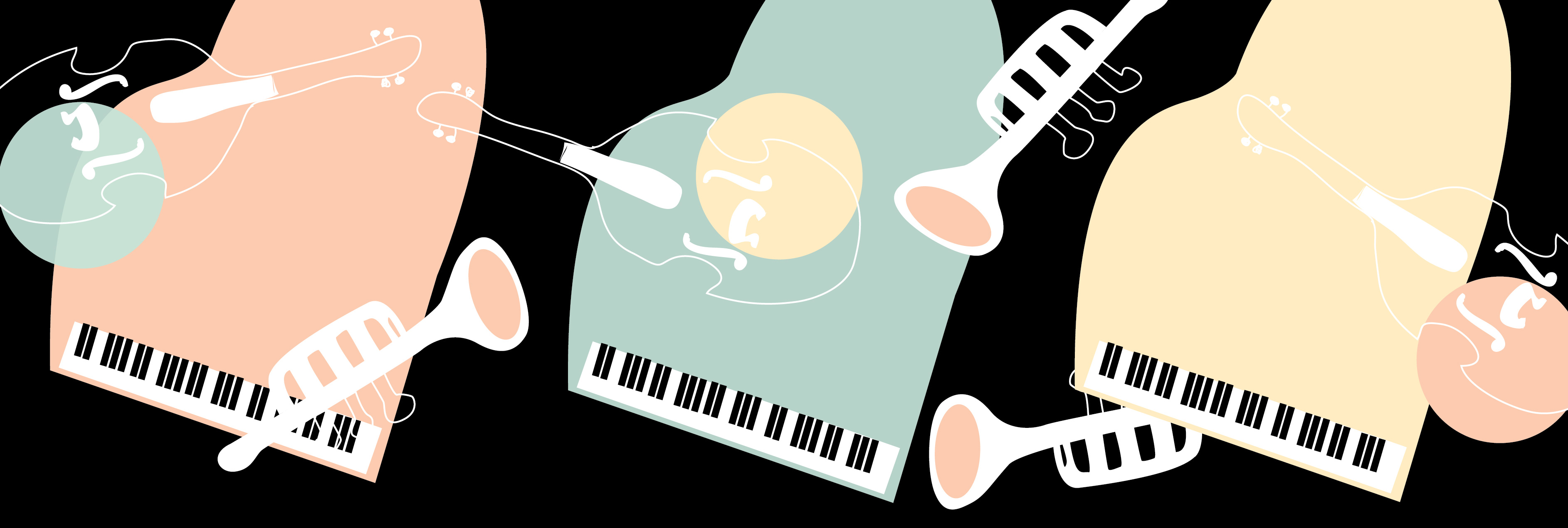The disparity of opinions concerning classical music and hip-hop music are generally acknowledged. Those in favor of the classical music genre typically advocate its long-standing cultural development over centuries, the high level of training required for a presentable level of performance, and the frequent intricacy required in order to appreciate its content. While those in favor of the hip-hop genre tend to advocate its relatable qualities, its catchy traits, and its prevalent representation of present-day culture.
While all these assertions are true of both genres, both have at times shared an important artistic objective concerning one of the most important aspects of both music and art in general. In particular, the musical works of Soviet classical composer Dimitri Shostakovich and American rapper O’Shea Jackson, also known as Ice Cube, share a common objective in their art. Aside from the different artistic construction of their music, both of them use their art to protest social and political injustice occurring within their lives and their time.
Born in St. Petersburg in 1906, Dimitri Shostakovich lived much of his life under Joseph Stalin’s regime when many Soviet artists were repressed by the Stalin’s jurisdiction over Soviet artists. He was so severely condemned by the Soviet press that he revoked his Fourth Symphony, in fear of imprisonment. Furthermore, Shostakovich was accused, along with other Soviet composers, of “formalist perversions and anti-democratic tendencies” in a decree issued by the Central Committee of the Communist Party. Born in South Central Los Angeles in 1969, Ice Cube’s art has also faced suppression. When N.W.A released their notorious song “F*ck tha Police,” for which both Ice Cube and MC Ren wrote the lyrics, they received a letter from the Federal Bureau of Investigation reproaching them for the lyrical content of the song. On one hand, Dimitri Shostakovich protested the tyrannical Communist Party of the Soviet Union in a heavily implied manner. On the other hand, Ice Cube blatantly protested the frustration of profiling and aggression taking place in South Central Los Angeles. Similarly, both Dimitri Shostakovich and Ice Cube have protested the sociopolitical climate they have experienced by using their art. Additionally, both have faced official reprimands from governmental authority figures for their music.
Music and other art forms are valued by society for their difference in nature and objective. Music often serves to entertain, inspire, and prompt emotions. It is indisputably accepted for these purposes. However, once music centers on an ugly truth, it is immediately oppressed for expressing any dissent towards established social institutions. By appreciating the work of these two artists, one can recognize they both serve a common purpose despite their differences in their art forms, their artistic approach, and their heritage.
Ice Cube and Dimitri Shostakovich have shown the importance of art as a tool for representing a need for social change. In regarding the antagonistic views held towards each genre, one should look at the greater purpose of art and set aside any other factors that separate the two worlds of hip-hop and classical music. The elitism of classical music or widespread popularity of hip-hop music should not undermine the greater purpose of music and all art in general.




Leave a Reply